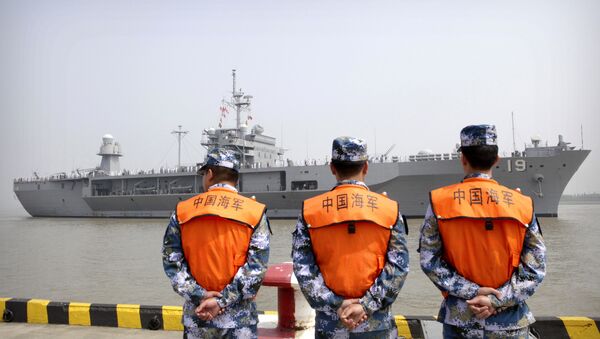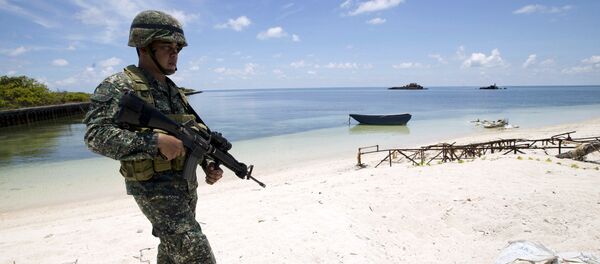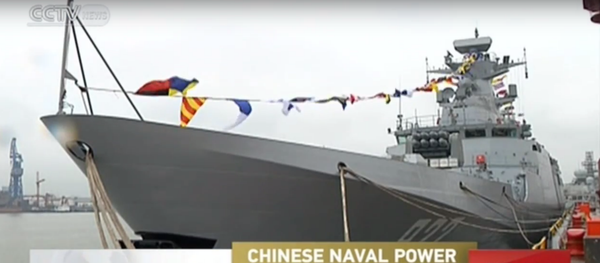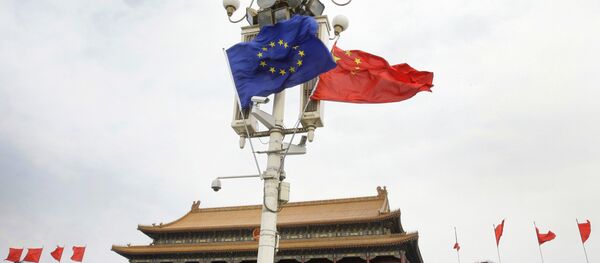The Court ruled that Beijing was not historically entitled to up to 90 percent of the disputed sea, where China in recent years has been busy building artificial islands and military bases. In the meantime, the South China Sea has emerged as a nascent battleground, as a number of countries are vying for maritime dominance in the region.
As China subsequently refused to either recognize or accept the judgment, it will be particularly important to wait for the response of the US and the Philippines, Nørup Sørensen pointed out. Basically, the two alternatives are as follows: either the US lets China get away with ignoring the decision or Washington builds up its military presence in the area by sending its fleet to the South China Sea to demonstrate its power.
"The latter will cause a Chinese backlash," Camilla Nørup Sørensen told Danish Radio, assuming that Beijing, Washington and Manila will likely spend the next few weeks scrutinizing the verdict in detail.
"He has hinted that he is willing to engage in bilateral negotiations with China, and the Chinese are not averse to improvement themselves," Nørup Sørensen pointed out.
Should the Philippines be inclined to celebrate its victory in The Hague with sending more vessels into the South China Sea, they are likely to be met by the Chinese coastguard. In other words, Manila is unable to do anything without the help of its faithful military ally, the United States.
So far, the US has been content with repeatedly voicing criticism of China's conduct, Nørup Sørensen said, pointing to prerequisites for a conflict between the two superpowers.
"China also has the world's largest fishing fleet, and there is good fishing in the South China Sea. In addition, there are numerous gas and oil deposits in the sea, together with important trade routes, which China would like to safeguard," Bøje Forsby told Danish Radio.
According to the researcher, the US is currently engaged in the strategic containment of China, which is why Washington is leaving no stone unturned in forming partnerships with China's neighbors.
"The US also considers the South China Sea to be an international waterway, and seeks full freedom of maneuver for American ships to patrol and exercise," Bøje Forsby said.
In January 2013, the Philippines filed a suit against China, claiming that Beijing had violated the UN Convention on the Law of the Sea via its activity in the South China Sea. China refused to participate in the case. On Tuesday, the Hague-based Permanent Court of Arbitration ruled that China has no legal basis to claim historic rights to South China Sea resources and violated the sovereign rights of the Philippines in the country's exclusive economic zone, which enraged Beijing.






